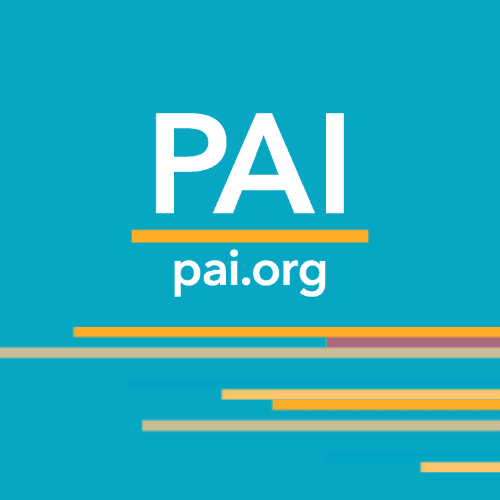Resilience Through Partnership: PAI’s 2025 Year in Review

To elevate the voices of internally displaced young people, PAI collaborated with Ethiopia’s Jimma University on a pilot project to understand the sexual and reproductive health (SRH) challenges young people face during displacement. As cities and towns receive ever larger numbers of internally displaced persons (IDPs), research was conducted with a displaced community in an urban location of Oromia region in October and November 2019. Through five focus group discussions with 42 IDPs ages 14 to 24, researchers sought to uncover how young people understand, experience and manage their SRH needs during displacement. These discussions were supplemented with 12 key informant interviews and additional informal conversations with other stakeholders, including IDP leaders as well as representatives of the local government and hospital administration.
Crises expose women, children and young people to health and protection problems that are largely overlooked in humanitarian settings. Young people — aged 10 to 24 years old — have health needs that are often unmet in the best of circumstances. Ethiopia, a nation of 104 million people, has experienced a spike in internal displacement in recent years with an estimated 3.2 million people forced from their homes by 2018. As ethnic clashes, droughts and floods continue to force people from their homes, this internal displacement has differential effects on groups within the country — over 51% of the IDPs are women and girls and nearly 60% are under age 18. Unless the underlying roots of conflict are addressed and measures are put in place to mitigate climate-induced insecurity, Ethiopia will likely continue to see growing numbers of IDPs in need of humanitarian assistance.
Because young people as well as women and girls of reproductive age make up the majority of IDPs, the Ethiopian government and its local and international nongovernmental partners must address the unique vulnerabilities of these subpopulations. Despite the government’s increased commitments to and improved policies around SRH, young people in Ethiopia still encounter both structural and social barriers to accessing contraception and SRH information, education and services. Additionally, contraception and SRH are still not adequately prioritized in emergency responses, though the government explicitly addresses the SRH needs of young people in its current humanitarian response plan.
Stay informed about the issues impacting sexual and reproductive health and rights.